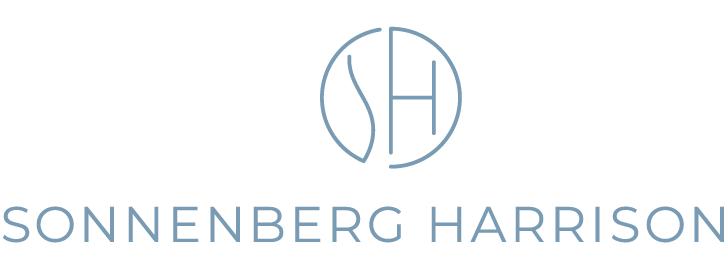There’s a lot of misconception about open-source software and patents. Many developers in the open-source community argue that patents should not be granted for software and point out that, for example, the European Patent Convention clearly states in Art 52 (2) (c) that patents may not be granted for invention for programs for computers. Court decisions in the United States have established that patents cannot be granted for “abstract ideas” and, as a result, many software-implemented inventions have been refused patent protection. However, a consensus has emerged over the years that software running on computers that implement a new and inventive technical feature can be patented and this will include any open-source software.
As a result, an open-source program or module can equally well infringe a patent just the same as proprietary software. There is no requirement that the infringement be “for-profit”, since infringement may consist of making, using, selling, offering to sell, or importing the invention (see, for example, 35 U.S.C. § 271 in the United States, or Art 64(3) EPC in Europe). The infringement may be direct (i.e. by the programmer creating the software) or indirect (e.g. the programmer distributing it to others intending that they use the open-source software in an infringing manner).
It should also be noted that creating the open-source software completely unaware of the existence of the patent is not a defense to patent infringement generally. It is possible to infringe a patent even if you do not know of the existince of the patent. There is no requirement of knowledge, intent, negligence, etc.
In many cases, this argument is completely theoretical. Many open-source projects may infringe many patents and, to date, there have been – to this author’s knowledge – no cases in which a community open-source project has been sued for patent infringement. There are many explanations for this. Probably the most important reason is that community open-source projects typically have no assets. There will be essentially nothing to be gained from a judgment. Another reason may be that the nature of the open-source software licenses makes imposing a patent license on each download impossible, impractical, or pointless. The amount of damages is also limited and is based on lost profits (of which there will probably be none) or a reasonable license fee (which will be very small).
Once, however, the open-source software has been incorporated into a commercial product, then there may be more interest in enforcing patent rights. In this case, the offering of the commercial product for sale and its download would represent an infringing act. It may be worth the time and effort for the patent owner to assert its rights against the company offering the downloadable software over a single platform.
Feel free to get in touch here if you have any questions about open-source software and/or software patents.





